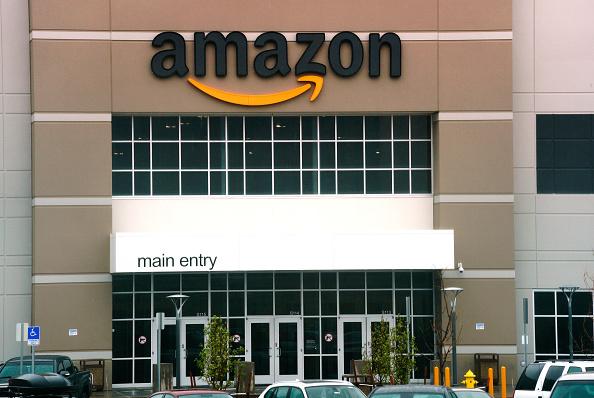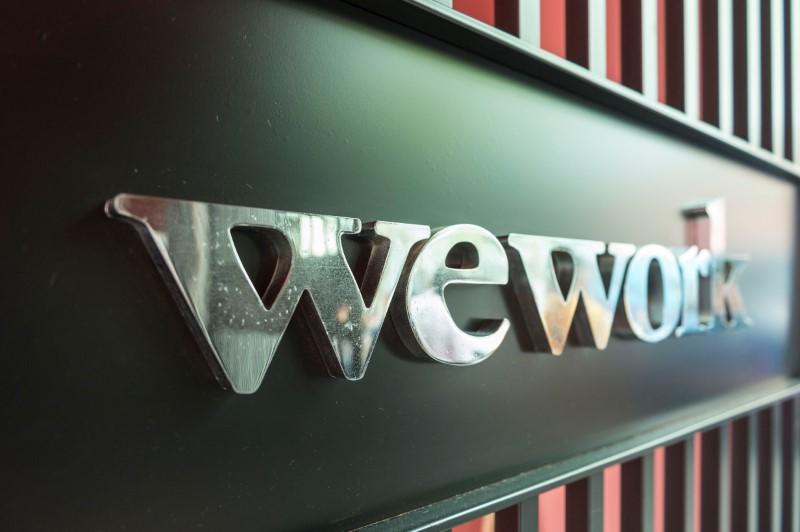With Amazon.com Inc. hitting a trillion-dollar valuation earlier this week, the company’s shadow looms over the entire retail industry.
But there are still sizable gaps that Amazon and other online giants don’t address, and that’s where Peter Price looks to build a business. The 78-year-old entrepreneur is seeking out mom-and-pop shops—like the local butcher, toy store, or pharmacy—and trying to outfit them with e-commerce capabilities that include next-day delivery.




